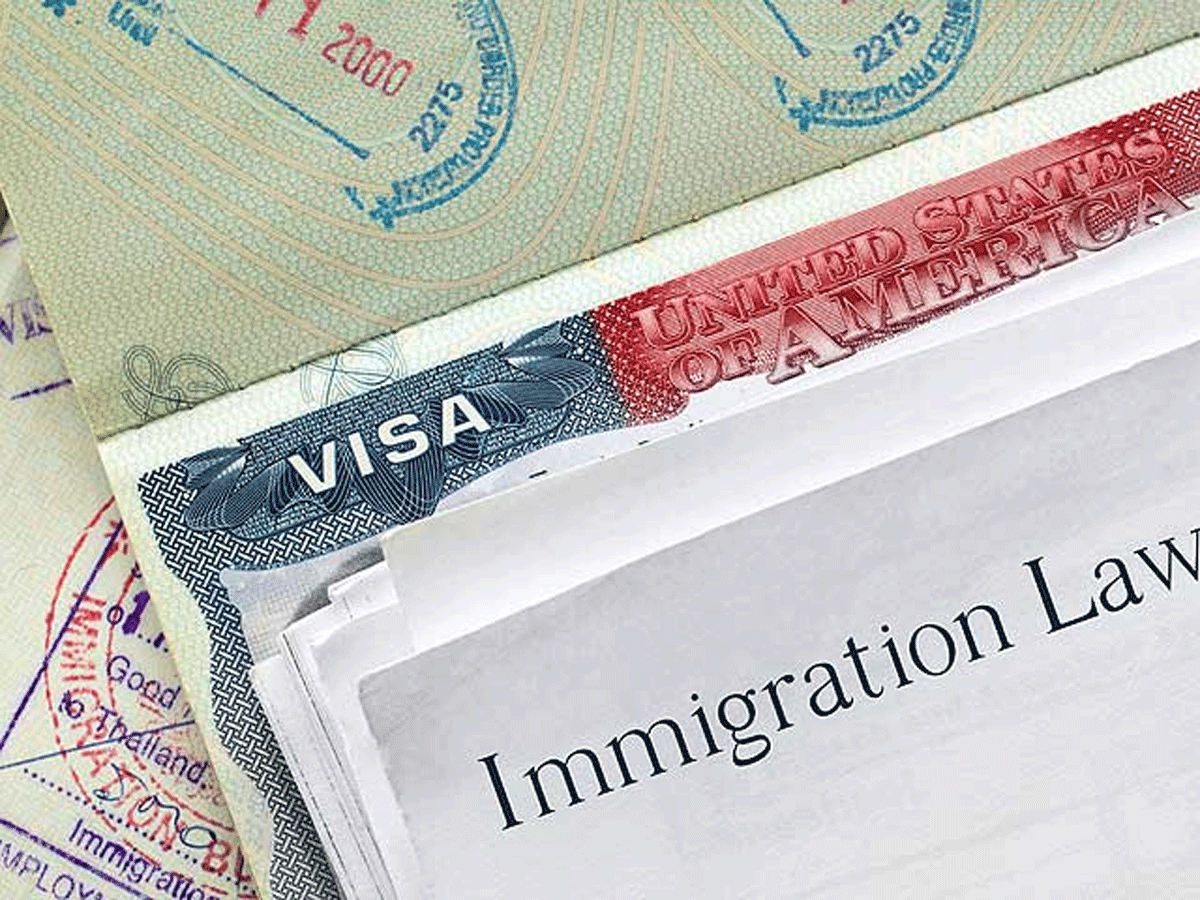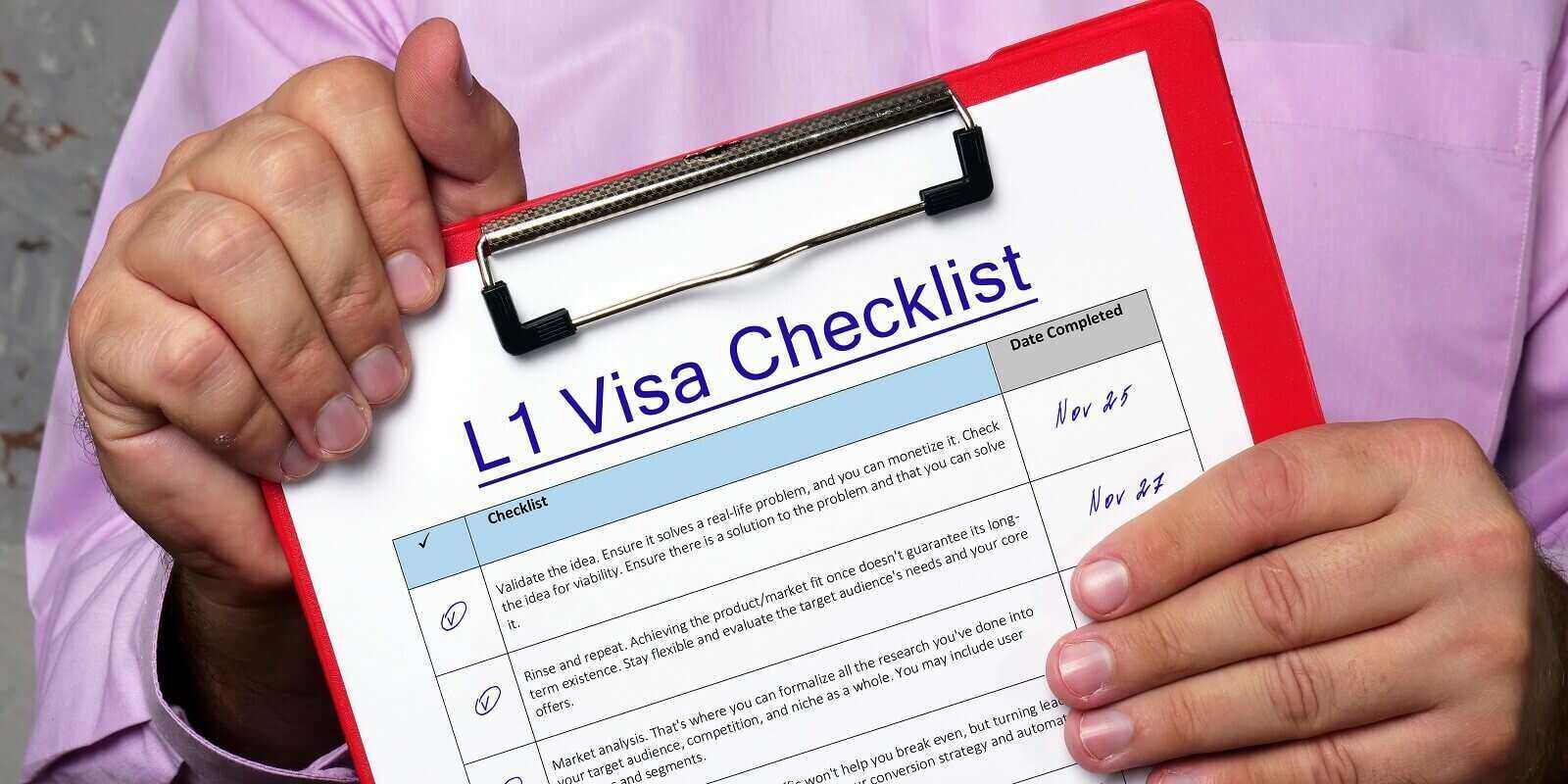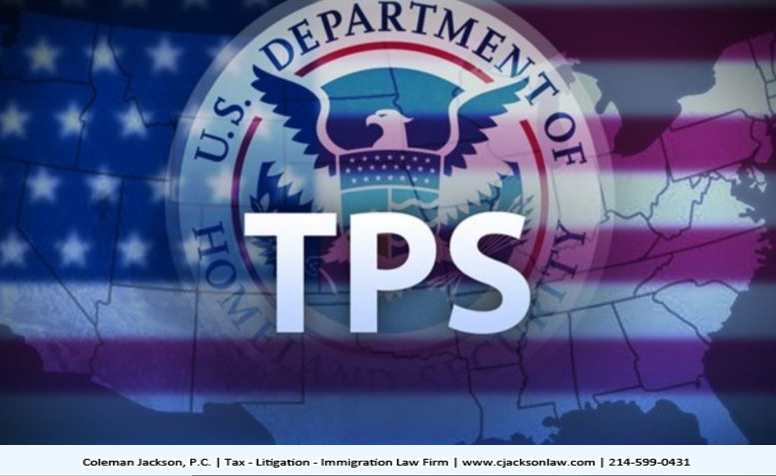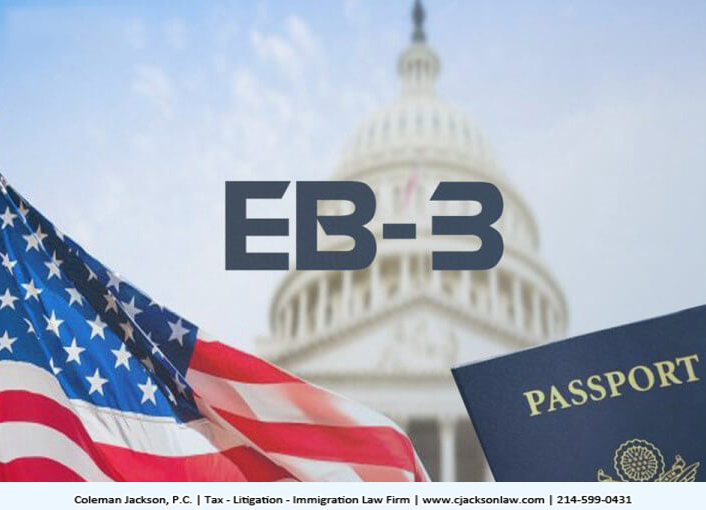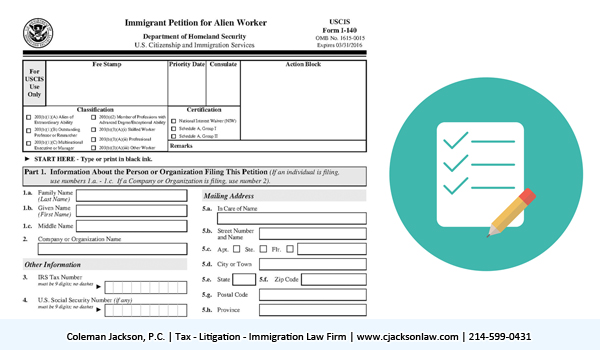LEGAL THOUGHTS – Episode 3 of Limited English Proficiencies and microaggression in American Culture
COLEMAN JACKSON, ATTORNEY & COUNSELOR AT LAW | Transcript of Legal Thoughts
Published February 21, 2024
Topic: “This is a Series of Conversations with a Guest Podcaster from the Mental Health Profession.”
Welcome to Legal Thoughts
Attorney Introduction:
My name is Coleman Jackson and I am an attorney at Coleman Jackson, P.C., a taxation, litigation and immigration law firm based in Dallas, Texas. In addition to myself, we have Legal Assistant, Leiliane Godeiro, Law Clerks, Ayesha Jain and Mlaah Singh, and Admin Assistant, Michelle Gutierrez. On today’s “Legal Thoughts” podcast, our Law Clerk, Mlaah Singh, will be interviewing me and my guest, Ana Marcela Rodríguez, a mental health professional with Therapy Works Counseling as we talk about law, mental health and psychology where it impacts those seeking legal services. This is intended to be a series of podcasts:
- The First Podcast in this series is “Immigration and Trauma”
- The Second Podcast in this series is “Violence Against Women (Domestic Violence and Immigration}”
- The Third Podcast in this series is “Limited English Proficiencies and Microaggressions in American Culture” ”. Merriam-Webster Dictionary defines microaggression as a comment or action that subtly and often unconsciously or unintentionally expresses a prejudiced attitude toward a member of a marginalized group (such as a racial minority)”. This Episode of Legal Thoughts will limit our focus on micro-aggressive attitudes and behaviors as it relates to immigrants. Make no mistake about it; American Culture is not the only culture in the world where these subtle, unconscious or unintended slights occur. Unconscious and indeed overt discriminatory feelings and attitudes exist today amongst peoples all over the world, and these sins against one another have existed all over the globe since our fall from grace. So our Legal Thoughts Podcast audience should not think that American Culture is more intolerant than any other society. Americans tend not to hide her imperfections; and she talk about overt and covert discrimination and slights based on race, gender, age, and all the rest of the ways we quite often distinguish ourselves and separate ourselves. So in this podcast episode we shine a spotlight on immigrants with limited English proficiencies and microaggressions in American Culture. The United States has been and continues to be a beacon of hope for all kinds of people from around the world as we continue to pursue this more perfect union of self-governance and life, liberty and pursuit of happiness for ourselves and our posterity.
Interviewer Introduction:
Hello everybody. Welcome back to Legal Thoughts! My name is Mlaah Singh and I am a Law Clerk at the tax, contracts, litigation and immigration law firm of Coleman Jackson, Professional Corporation. Our law firm is located at 6060 North Central Expressway, Suite 620, right here in Dallas, Texas.
■This is the Third Podcast in our Legal Thoughts Podcast Series on immigration and mental health. Today’s topic is Limited English Proficiencies and Microaggression in American Culture
■Before I get started with my questions on this important topic. I want to warmly welcome back our guest podcaster Mrs. Ana Marcela Rodrigues and give her a chance to greet our audience at this time.
Guest Podcaster Introduction:
Good afternoon everyone; my name is Ana Marcela Rodríguez. It is so great to be back on Legal Thoughts Podcast.
Im a licensed marriage and family therapist and founder of Therapy works counseling- we specialized in bilingual counseling services and psychological evaluations for immigration.
I’m excited to get started with our second podcast in this series on mental health and the law.
Interviewer: Mlaah Singh, Law Clerk:
Thank you so much Mrs. Marcela and welcome back to Legal Thoughts.
Today’s conversation will be much more specific to microaggressions and potential action steps, whether one is seeking mental or legal advice.
Question Number One for Attorney, Jackson:
Mr. Jackson, what legal protections are in place to support individuals with Limited English Proficiencies (LEP) when navigating the American immigration system?
Attorney Answer: Coleman Jackson:
■Hi Mlaah and thanks for this question. Chapter 8 of the United States Code, the Immigration and Nationality Act establishes the law in America as it relates to immigration policies, protections and procedures. The English language is not the official language of the United States. English however is the dominant language spoken in the United States. Let me point out at least six protections under the INA for immigrants with limited English proficiencies as follows:
1.Under the INA, immigrants coming to the United States are not required to speak, read, or write English in order to visit the U.S.
2.Under the INA, immigrants seeking to reside here as permanent lawful residents or Green Card Holders are not required to speak, read, or write English in order to become a U.S. permanent resident.
3.Under the INA, immigrants seeking to naturalize or become United States citizens are required to demonstrate an understanding of English, including the ability to read, write, and speak words in ordinary usage in order to become a United States citizen.
4.The INA provides that the English language requirement during naturalization hearings are not designed to impose extraordinary or unreasonable conditions on the immigrant. The Naturalization Hearing Officer is to test the immigrant’s ability to read and write basic English phrases. The immigrant does not have to exhibit fluency in the English language in order pass the English Language Requirement for naturalization.
5.The INA provides that any foreign language document submitted to the Department of Homeland Security must be properly and accurately translated into English by someone competent in the foreign language and English. All foreign language documents must be accompanied with the English translation with the translator’s certification of competency in both languages. Neither the immigrant nor the immigrant’s attorney qualify as the Certified Language Translator under the INA.
6.The INA provides that an immigrant who has business before the Department of Homeland Security who cannot conduct their business without the need of a translator can provide a translator at no cost to the United States government. Certain individuals are not qualified to serve as the language translator, such as, the immigrant’s attorney. The translator can be a family member or friend of the immigrant or any competent third party who are fluent in English and the foreign language.
■With these I have tried to give our audience a broad understanding as to protections provided in the Immigration Nationality Act for those immigrants with limited English proficiencies. This rendition of protections are not intended to be all inclusive.
Interviewer: Mlaah Singh, Law Clerk:
Interviewer Comment: It’s very refreshing to see that while English proficiency is important for citizenship, the INA also ensures accessibility for those who may not be fluent with measures like document translation and the allowance of translators during interactions with Homeland Security.
Question Number Two to Ana Marcela Rodriguez:
How can micro aggression impact the mental health of the individuals?
Guest Podcaster: Ana Marcela Rodriguez, Mental Health Professional:
Microaggressions, defined as brief and commonplace verbal, behavioral, or environmental indignities, can have a significant impact on the mental health of individuals. These subtle, often unintentional acts of discrimination or stereotype reinforcement can generate feelings of anger, frustration, and distress in the recipients, leading to long-term psychological harm.
Firstly, microaggressions can erode an individual’s self-esteem and self-worth. Constant exposure to comments or behaviors that trivialize or diminish one’s identity can lead to feelings of inadequacy and self-doubt, ultimately contributing to anxiety and depression.
Furthermore, microaggressions can create a hypervigilant state in individuals, consistently anticipating and preparing for potential acts of discrimination. This chronic stress can lead to heightened levels of anxiety and even post-traumatic stress disorder in some cases.
Moreover, the cumulative effects of microaggressions can lead to a deep sense of isolation and disconnection from one’s community or environment, contributing to feelings of alienation, hopelessness, and despair.
Interviewer: Mlaah Singh, Law Clerk
■Interviewer Comment: I see. Addressing and mitigating these subtle forms of discrimination is essential for promoting inclusivity and preserving the well-being of everyone within a community.
Question Number 3 for Attorney, Jackson:
■How can individuals with LEP effectively communicate with immigration authorities during the application process to ensure their rights are protected?
Attorney Answer: Coleman Jackson
■The INA provides that the immigrant can bring at their own expense a competent language translator who is fluent in English and their language to hearings with immigration officials.
■Over the years in representing immigrants in lawful permanent residence and other hearings, I have always found the immigration authorities very cooperative and in fact appreciative when immigrants have needed language translators. The practice seem to benefit everyone all around in effective and efficient communication and administration of the immigrant’s business before the authorities.
Interviewer: Mlaah Singh, Law Clerk
Interviewer’s Comments: It’s great to hear that immigration authorities are supportive and appreciative when immigrants bring competent language translators to hearings. This practice not only facilitates effective communication but also demonstrates a commitment to inclusivity and fairness in the administration of immigration proceedings.
Question Number four for Ana Marcela Rodríguez, a mental health professional:
How can we address and have a conversation – when possible – with people that are hurting us with micro aggressions?
Guest Podcaster: Ana Marcela Rodriguez, Mental Health Professional:
When faced with micro aggressions from others, it can be difficult to know how to address the situation in a constructive manner. It is important to recognize that these interactions are hurtful and have the potential to impact our mental and emotional well-being. However, it is also important to approach the situation with empathy and an open mind, if possible.
One approach to addressing micro aggressions is to have a conversation with the individual responsible. It can be helpful to express how their words or actions have made us feel, without placing blame. Using “I” statements can be an effective way to communicate our feelings without causing defensiveness in the other person. It is also important to approach the conversation with an open mind, and to listen to the other person’s perspective.
Another approach is seeking support from others, such as friends, family, or colleagues. It can be helpful to talk about our experiences with people who understand and validate our feelings. Seeking support can provide a sense of comfort and empowerment, and reinforce our sense of self-worth.
Overall, addressing micro aggressions requires empathy, open communication, and seeking support from those who understand and support us. It is important to take care of our mental and emotional well-being in the face of hurtful interactions.
Interviewer: Mlaah Singh, Law Clerk
Interviewer Observations and Comments: Addressing microaggressions requires empathy and open communication. Having constructive conversations and seeking support from understanding individuals can help protect our mental and emotional well-being in the face of hurtful interactions.
Question No. 5 to Attorney, Jackson:
Are there any specific policies or initiatives that can be implemented to promote linguistic inclusivity and accommodate individuals with LEP in the immigration system?
Attorney Answer: Coleman Jackson
In the U.S., immigration policy is established by the United States Congress; these policies are then suppose to be carried out by the administration and enforced by courts. I am not going to make any immigration policy comments.
Let me just focus on our law firm’s approach to limited English proficiency individuals who comes to our law firm for legal representation:
- Our law firm accommodate immigrant’s with limited English proficiencies by having team members who are fluent in English, Spanish and Portuguese.
- Prospective clients and clients who speak other languages are asked to bring a competent translator whenever they conduct business affairs with our law firm. We require foreign language documents to be translated into English.
- We endeavor to create a welcoming environment for all peoples: Here at Coleman Jackson, Professional Corporation, we try very hard to create an office environment of love, compassion and inclusiveness. Everyone is owed love, dignity and respect and our law firm does not tolerate discrimination; whether overtly or covertly, against anyone for any reason.
Interviewer: Mlaah Singh, Law Clerk
■Interviewer’s Comments: Having team members fluent in English, Spanish, and Portuguese ensures effective communication and understanding. Additionally, your emphasis on creating a welcoming environment rooted in love, compassion, and respect for all individuals, regardless of background, is essential for fostering trust and ensuring that everyone receives fair and dignified treatment.
■Question Number six for Ana Marcela Rodríguez, a mental health professional:
What are some common trauma responses or psychological challenges faced by individuals with LEP due to microaggression or language barriers?
Guest Podcaster: Ana Marcela Rodriguez, Mental Health Professional:
Individuals with limited English proficiency (LEP) often face microaggressions and language barriers that can result in various trauma responses and psychological challenges. One common trauma response is hypervigilance, where individuals become overly alert and attentive to potential threats or discrimination. This can lead to increased stress and anxiety, as they constantly feel the need to defend themselves against microaggressions.
Moreover, LEP individuals may experience feelings of isolation and alienation due to their limited ability to communicate effectively with others. This can lead to depression and low self-esteem, as they struggle to form meaningful connections and relationships in their new environment.
Language barriers can also result in feelings of frustration and helplessness, as individuals are unable to fully express themselves or understand important information. This can lead to a sense of powerlessness and can impact their overall mental well-being.
Additionally, LEP individuals may internalize negative stereotypes and discrimination, leading to feelings of shame and inadequacy. They may also experience a lack of access to mental health resources and support due to their language barriers, further exacerbating their psychological challenges.
Interviewer: Mlaah Singh, Law Clerk
■Interviewer’s Comments: The struggles faced by individuals with limited English proficiency are multifaceted, often leading to heightened stress, isolation, and internalized stigma. Addressing these challenges requires not only linguistic accommodations but also a concerted effort to provide accessible mental health support and resources.
Question Number seven for Attorney:
■In cases where LEP individuals face discrimination or bias during immigration proceedings, what legal recourse or options are available to them?
Attorney Answer: Coleman Jackson
Thanks for this extremely inciteful question. Discrimination against immigrants can be expressed in numerous different ways. Some bias against immigrants is often covert and some animus against immigrants can be overt. I have previously gone over several INA provisions as far as the English language requirement is concerned when immigrants conduct business with U.S. immigration officials. It’s a violation of the INA to overtly discriminate against immigrants based on their nationality and redress of overt discriminatory practices can be pursued in administrative proceedings and to a limited extent in the courts.
Unintended slights and unconscious aggressive behavior; in my opinion, can often be best handled by taking a very compassionate approach towards the perpetrator or offender. Perceptions are often not reality and microaggression depends on the sensitivities and contextual frame from which they are observed and experienced by the recipient. Only when immigration case outcomes are materially effected would I typically find a need to address micro aggressive attitudes and behaviors perpetrated by immigration officials against my clients. Regardless of how others are behaving; my focus remains; advocate for my client, counsel my client and help my client to achieve their legal goals!
This is just the reality that it is extremely difficult for law to solve all the problems of the human heart. People can be totally blind to their microaggressive tendencies. The law tend to deal best with overt acts.
Interviewer: Mlaah Singh, Law Clerk
■Interviewer’s Comments: Your approach to addressing discrimination against immigrants demonstrates a balanced understanding of legal recourse and compassionate engagement. By prioritizing advocacy and counsel for your clients while navigating complex legal landscapes, you ensure their needs and goals are central to your practice.
■Question Number eight for Mental Health Professional:
How can mental health professionals support individuals with LEP in building resilience and coping strategies to navigate the challenges they face in American culture?
Guest Podcaster: Ana Marcela Rodriguez, Mental Health Professional:
Individuals with limited English proficiency (LEP) face unique challenges in navigating the American culture, and mental health professionals play a crucial role in supporting them in building resilience and coping strategies.
Mental health professionals can start by providing culturally and linguistically appropriate therapy, ensuring that language barriers do not hinder the client’s ability to communicate and understand their mental health needs. Additionally, they can offer psychoeducation and support groups specifically tailored to the experiences of individuals with LEP in American society, allowing them to share their common experiences and learn from each other.
Furthermore, mental health professionals can help clients develop coping strategies that are culturally sensitive and relevant to their experiences. This might include practices rooted in their cultural traditions or values, as well as techniques for managing acculturation stress and discrimination. In doing so, mental health professionals can empower individuals with LEP to navigate the challenges they face in American culture while maintaining their mental well-being.
Ultimately, by providing culturally sensitive and linguistically accessible support, mental health professionals can empower individuals with LEP to build resilience and cope with the unique challenges they encounter in American society.
Interviewer: Mlaah Singh, Law Clerk
■Comments by Interviewer: I can definitely see that. Through linguistically accessible and culturally relevant interventions, these professionals empower LEP individuals to build resilience and cope with the unique challenges they encounter in American society.
Our listeners who want to hear more podcasts like this one please subscribe to our Legal Thoughts Podcast on Apple Podcast, Google Podcast, Spotify or wherever you listen to your podcast. You can also read our law firm’s blogs on our website in English, Spanish and Portuguese by going to our law firm’s website, which is, www.cjacksonlaw.com and selecting your preferred language. Everybody take care! And come back in about two weeks, for more taxation, business structuring, contracts litigation and immigration Legal Thoughts from Coleman Jackson, P.C., located right here in Dallas, Texas at 6060 North Central Expressway, Suite 620, Dallas, Texas 75206.
English callers: 214-599-0431 | Spanish callers: 214-599-0432 |Portuguese callers: 214-272-3100
Attorney: Coleman Jackson
ATTORNEY’S CLOSING REMARKS:
This is the end of “LEGAL THOUGHTS” for now
■Thank you very much Ana for joining me today on our final podcast episode in our Legal Thoughts Podcast series on Mental Health, Immigration and the Law.
■Episode 3 was all about -Limited English Proficiencies and microaggressions in American Culture. As usual, we invite our audience to suggest topics and questions on matters they desire to know answers about involving international, federal, and state and local tax matters; contracts, litigation; and business, family and humanitarian immigration. You can read our blogs or contact us on our law firm’s website which is www.cjacksonlaw.com. Navigate to English, Spanish or Portuguese by using the language selection bottom on our law firm’s website. I particularly invite our small business owner audience to check out our blogs and podcast on the Corporate Transparency Act of 2021 requirements imposing the obligation on the majority of small businesses in the United States to file Beneficiary Ownership Information Reports with the Financial Crimes Enforcement Network, an Agency of the United States Treasury beginning January 1, 2024. IF YOU OWN, OPERATE OR CONTROL A SMALL BUSINESS IN AMERICA, THE CTA IS INFORMATION YOU NEED TO KNOW ABOUT!
If you want to see or hear more taxation, business structuring and contracts litigation and immigration LEGAL THOUGHTS from Coleman Jackson, P.C. Subscribe to our Legal Thoughts Podcast on Apple Podcast, Google Podcast, Spotify or wherever you listen to your podcast. Stay tuned! We are here in Dallas, Texas and want to inform, educate and encourage our communities on topics dealing with taxation, litigation and immigration. Until next time, take care.




